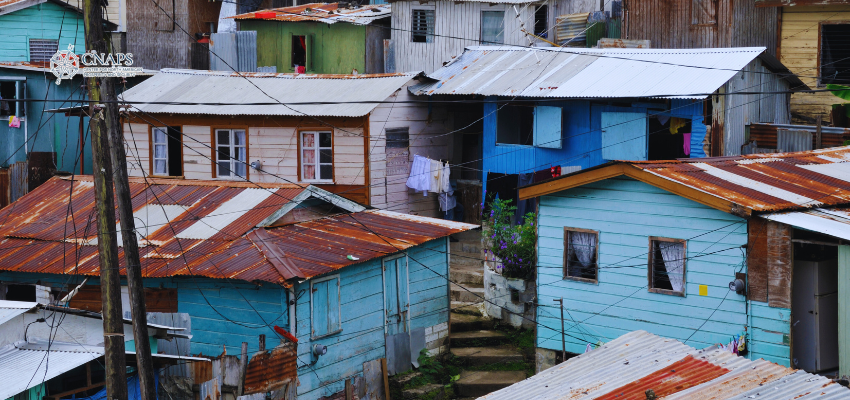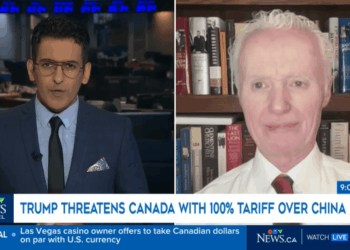This article originally appeared in Real Clear Energy.
By Brenda Shaffer, October 10, 2025
The World Bank Group and the International Monetary Fund will hold their annual meetings next week in Washington, DC. It is time for Secretary of the Treasury Scott Bessent to give direct guidance to the World Bank to renew funding and loans for fossil fuels for the world’s poorest. The World Bank should return to its mandate of poverty reduction, instead of climate emissions reduction.
The World Bank has banned fossil fuel finance and loan guarantees since 2019. The idea behind denying investments and funding for fossil fuels was that it would force people to adopt renewable energy. However, with no modern energy option, people turn to burning of dung, wood and other biomass for cooking and other basic functions. The result of this policy is increased emissions, pollution and health endangerment.
The World Bank describes its mission as “To create a world free of poverty — on a livable planet.” However, in reality, the World Bank promotes policies that increase energy poverty and thus overall poverty among the world’s poorest, especially in Africa. Instead of focusing on poverty elimination, the World Bank has committed to allocating 45% of its funds in 2025 to climate finance and announced its intention to increase climate finance over the next five years.
In another blatant example of its choosing to reduce carbon emissions over poverty, the World Bank promotes imposing carbon taxes in Africa on imported fossil fuels. If implemented, these taxes would lead to higher prices for electricity and transportation, which would further increase energy poverty on the continent. It is difficult to understand how raising energy costs in Africa is part of the World Bank’s poverty reduction mandate.
The lack of public funding for fossil fuels particularly hurt Africa. For the first time in decades, electricity access declined in Africa in 2022 and 2023. The halting of foreign investments and loans meant that Africans could not develop their local oil and natural gas resources. While in the West the private market provides investments for energy production, Africa is dependent on public finance to develop energy and on World Bank loan guarantees to create conditions to attract foreign investors.
In prioritizing of emissions reductions over poverty reduction, the World Bank promotes relatively expensive electricity systems, which deliver less energy access to Africa than fossil fuel based systems. Unreliable renewable electricity, especially off-grid solar, does not provide sufficient power for Africans to lift themselves out of poverty. Partial electricity can power a lamp or charge a phone, but not industry, water pumps and refrigeration, which are necessary for poverty reduction and modern medicine access.
Thus, due to the policy of promoting solar over fossil fuel derived power, many of the world’s new electricity users do not have full electricity access. The US and other World Bank funders should not allow the World Bank to count partial electricity provision as access to power.
In Africa, the World Bank no longer promotes policies for provision of baseload power in electricity supply, in order to avoid admitting that Africa needs fossil fuels. There is no large-scale stable electricity without baseload power.
The World Bank also regularly lists climate change as a main factor affecting Africa’s economy and development while not mentioning the continent’s lack of energy, which of course is a much more significant factor affecting its prosperity.
The World Bank and other Western institutions retreat from fossil fuel finance has created a significant geopolitical opportunity for China. China is willing to finance fossil fuel projects in Africa and the developing world and reap the strategic benefit of control of energy infrastructure in many countries.
Bessent’s predecessor at Treasury, Secretary Janet Yellen issued guidance to the World Bank and associate multilateral banks to stop funding for fossil fuels projects in 2021. It is time for Secretary Bessent to reverse this policy and lead the World Bank back to its mission of poverty alleviation.
Prof. Brenda Shaffer is an energy expert at the U.S. Naval Post-graduate School.








